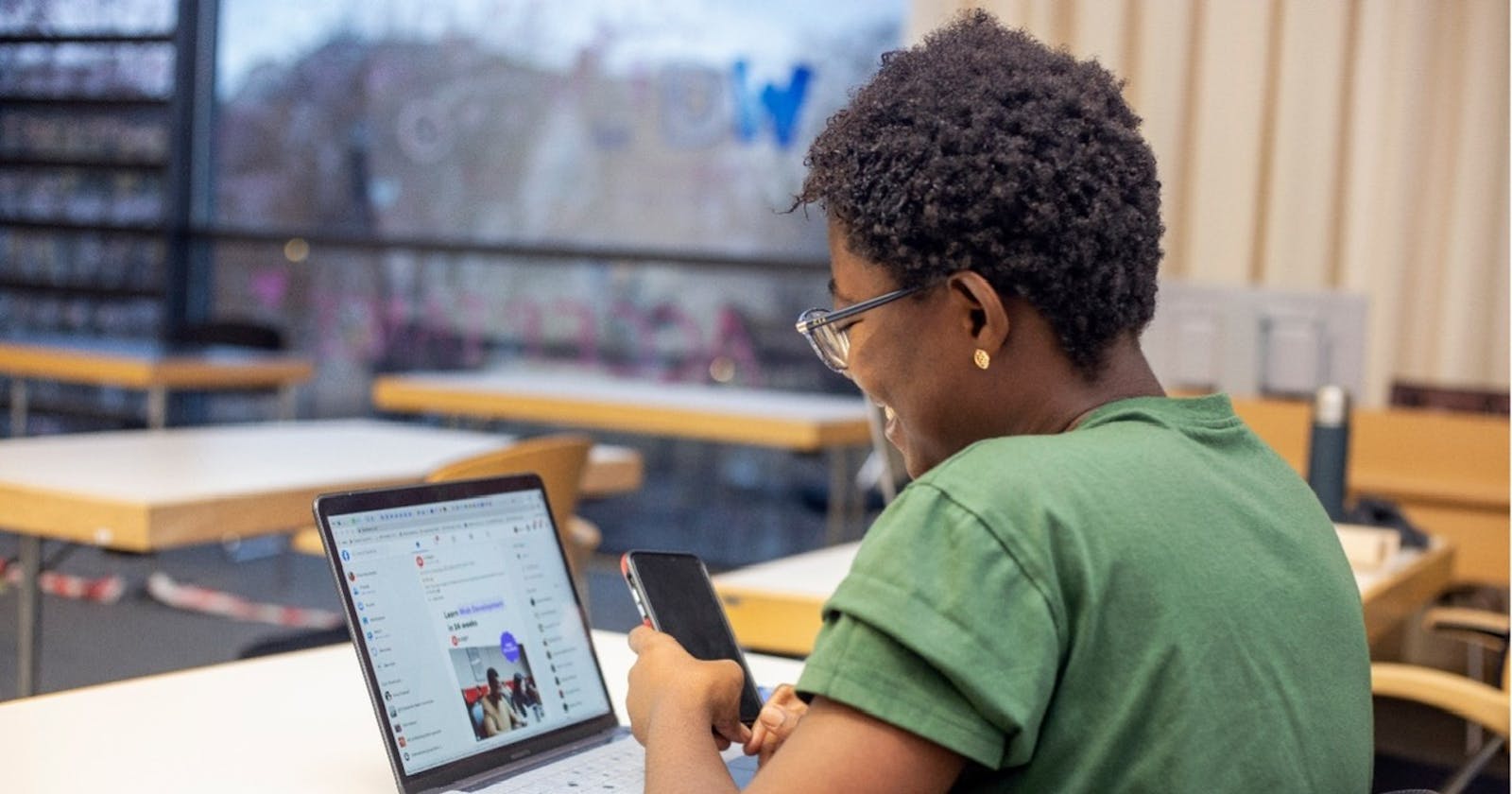Facebook addiction is becoming a significant concern in Ghanaians’ culture. It is nearly impossible to go more than a few hours without checking their phone for the latest likes or comments. And it is not only the youths who are obsessed; the aged, children and people of all age groups seem to have fallen to the strong influence of social media. This is termed as “Social Media Addiction”, and it is said to occur when an individual spends an excessive amount of time on social media (example; Facebook, Instagram, WhatsApp) disrupting one’s daily activities and social life.
As of August 2021, according to Statista, there were around 8.9 million Facebook users in Ghana; this is about 28.9% of Ghana’s population. From January 2021 to this date, the number of users of the social media platform has increased. Overall, users between the ages of 25 and 34 were the most dominant. Facebook continues to be one of the most used social media apps in Ghana.
Social media and internet usage in Ghana has increased drastically from 2000 to date. While the improvement and the use of the internet is good news because of the obvious positive economic and social benefits, the addiction to social media (Facebook) among the youth in Ghana is a worrying trend that needs to be watched carefully. According to a study conducted by researchers at Kwame Nkrumah University of Science and Technology (KNUST) in Ghana, 40% of Ghanaians are at risk of developing Internet Addiction Disorder. This is the result of people spending more than half of their waking hours on the internet.
According to the American Psychological Association, addiction is a compulsive activity that has negative consequences. People with other types of addictions, such as narcotics, gambling, video gaming, overeating, and so on, get enslaved to certain activities, which subsequently obstructs other vital activities in their lives, and the same can be said of people who use social media excessively.
From a conversation that ensued with random people on the street of Accra Ghana, they revealed to me that checking their Facebook is the first thing they do when they wake up and the last thing before they go to sleep. They feel good about themselves when their posts attract many likes or compliments and very bad when they get a few likes. This is troubling, and the Ghana Internet Safety Foundation is concerned about the rate at which several young people use the internet to measure self-worth.
At various workplaces, it is common to see a young lady or a gentleman glued to their smartphones at the expense of being productive. The most dangerous aspect of this is that the phenomenon is gradually creeping into our health sector. Health professionals on duty will choose to engage their social media followers before attending to a patient even in an emergency. Among students, this is leading to poor academic performance. From using social media language in their formal communication to being on Facebook during lectures.
Facebook is no doubt a great technological tool in the twenty-first century, however, it is worth mentioning that the psychological effects of getting addicted are devastating and must be considered. In its usage, we need to find balance to achieve a productive life.

